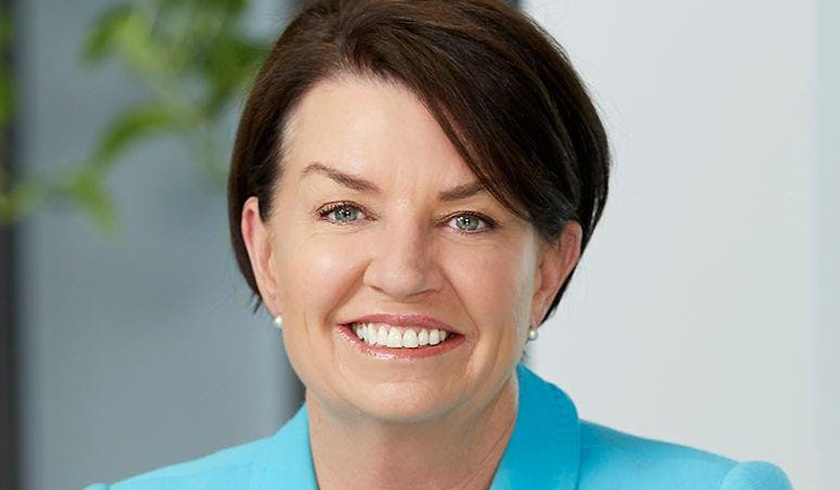Borrowers feel the pinch of ‘really strict’ lending rules

Ms Bligh made this assessment during a Q&A at the Banking and Finance Oath’s Crossroads conference. She is currently the chief executive of the Australian Banking Association (ABA).
She said a history of “overly strict” serviceability requirements defy logic. She noted that banking customers with strong payments history looking to switch credit cards, for example, often can’t move to a lower interest rate option based on serviceability restrictions.
“It defies common sense, defies the best outcome for the customer.”
The need for flexibility
Ms Bligh believes compliance “covers a broad spectrum”, with some aspects being clearly “black and white”. But removing the flexibility to exercise judgement based on the needs and circumstances of individual customers can lead to poor customer outcomes.
“The real skill of good banking is the ability to adequately assess risk, exercise judgement, exercise care, and make good assessments of what is the best interest of the customer as a whole, taking into account all of their circumstances,” Ms Bligh said.
“If we lose that… then I think there’s nothing in the public interest in that outcome.”
Should changes be imposed?
While the banking royal commission did not propose any changes to responsible lending laws, Ms Bligh said the same careful and rigorous approach should be applied to amending the responsible lending regulatory guidance, which is currently being managed by the corporate regulator.
Ms Bligh also mentioned that banks have been grappling with the “tango of issues” around the areas of lending that can be dealt with through “principles-based law” versus “black letter law”.
“If you respond to a particular case that had devastating consequences for the individual in the wrong way, you might affect in a disadvantageous way a much broader group and cohort of people,” the ABA chief executive said.
“Trying to get that balance right is absolutely critical.”
